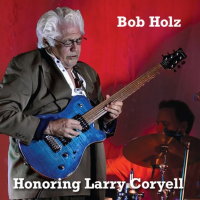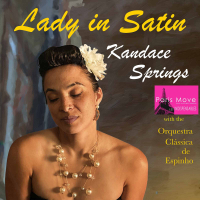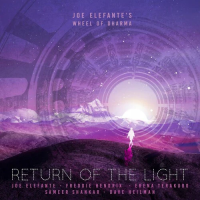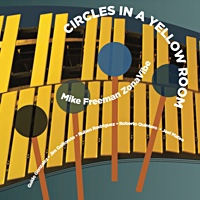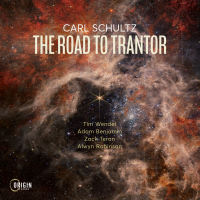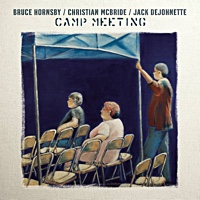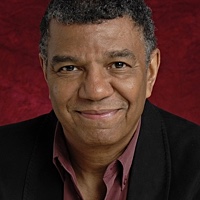Home » Jazz Articles » Wadada Leo Smith
Jazz Articles about Wadada Leo Smith
Wadada Leo Smith: Kabell Years 1971-1979

by Rex Butters
John Zorn's Tzadik label continues to honor the genius of Wadada Leo Smith, this time with a crucial collection of material he recorded and released himself on his Kabell label in the seventies. This four-CD box set gathers Creative Music 1, Reflectativity, Song of Humanity, and Ahkreanvention, plus over two hours of unreleased material.
Creative Music 1 features Smith solo. Like his brother AACM members in the Art Ensemble of Chicago, Smith fills the performance frame with remarkably ...
Continue ReadingA Fireside Chat With Wadada Leo Smith

by AAJ Staff
Free jazz denotes an idiom and has little to do with freedom. John Litweiler’s The Freedom Principle chronicles how Leo Smith, born in Leland, Mississippi, a hub for the blues, entered into the service (outspoken of racial conditions in the army), discovered Don Cherry, moved to Chicago, joined the AACM, and developed into a standard for lyrical contrasts and space. And although the word “jazz” has not aged well, perhaps there is hope in the masters like Smith (unedited and ...
Continue ReadingWadada Leo Smith: Luminous Axis
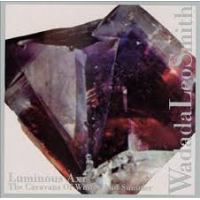
by Farrell Lowe
Wadada Leo Smith has been a leading proponent of the creation of a new world music since the late '60s, in confluence with Chicago's AACM (Association for the Advancement of Creative Musicians). Much like Don Cherry, Smith draws from a broad palate of world musics, and he's a musical pioneer of the highest order.Luminous Axis features music for trumpet with electronics, flugelhorn, computer-driven electronics, and percussion. The music presented here is spacious, thoughtful, and imbued with an overall ...
Continue ReadingWadada Leo Smith's Golden Quartet: The Year of the Elephant

by Dan McClenaghan
Trumpeter/composer Wadada Leo Smith put out a CD entitled Yo Miles! a couple of years back, so his debt to the Dark Prince, Miles Davis, is no secret. On this, The Year of the Elephant, his second CD with his Golden Quartet, Mile's influence, especially the sound of the late sixties through late seventies, pervades. In a pared down way. Miles at that time was expanding his pallet. Gutars, bass clarinet, two drummers, sitars, tablas. Smith has simplified things: Trumpet/bass/piano/drum.
Continue Reading

